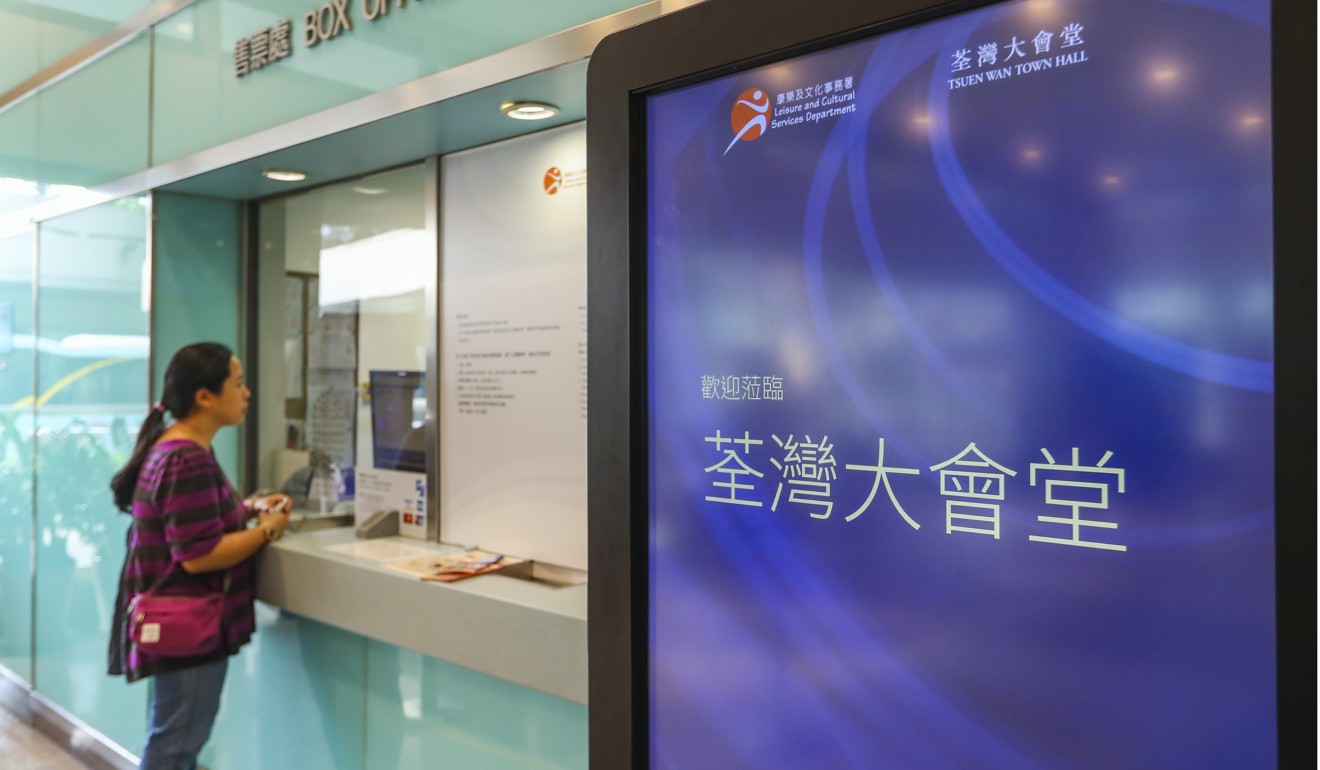
Hong Kong musicians decry threat of Tsuen Wan Town Hall’s demolition, saying top-quality acoustics hard to replace
- Officials want to consolidate several government buildings into one high-rise to house more community facilities and free up land for housing

One of Hong Kong’s best music halls is under threat from a new policy to replace low-rise government buildings with taller structures to house more community facilities such as markets and health clinics.
Tsuen Wan Town Hall, which contains a 1,420-seat auditorium, is one of seven sites officials are eyeing as the potential first projects under the “single site, multiple use” policy, according to a government source.
But the news has shocked many musicians, who praised the concert hall as among the best in town for its top-quality acoustics. Local district councillors said the facility – built almost four decades ago – held the “collective memories” of the community.
“It would be such a pity,” said Pak Wing-heng, a musician with the government’s Music Office for almost 40 years. “Whether it’s the best concert hall, it’s hard to say. But definitely, it’s one of the better ones.”

The planning strategy was first introduced by Chief Executive Carrie Lam Cheng Yuet-ngor in her policy speech last year, and received monetary backing in finance minister Paul Chan Mo-po’s budget last week. It is intended as a short-term solution to a shortage of 87 hectares of land over the next three decades which will be needed to host government and community facilities.
Officials want to consolidate several low-rise government buildings into one skyscraper so land can be freed up for housing.
The seven sites include four lots in Tsuen Wan town centre, one in Sheung Wan and two in Tuen Mun, the government source said.
The four Tsuen Wan lots include the town hall and adjacent Tsuen Wan Magistrates’ Courts, as well as a community centre, a general outpatient clinic and a cooked food market.
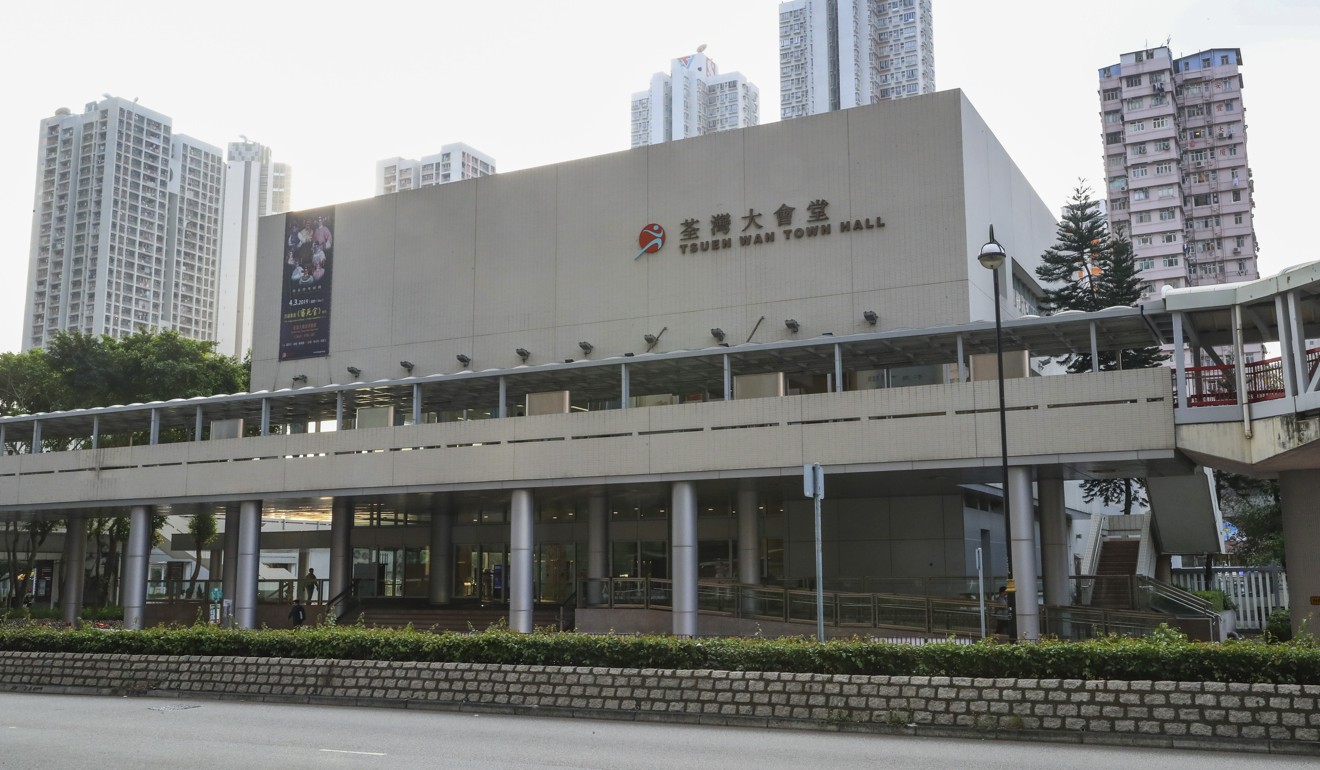
The source said the government had yet to decide on specific plans for the sites, or whether the town hall would be demolished. However, district council members last year suggested the hall, community centre and clinic could all be rebuilt in a single high-rise where the magistrates’ courts currently are.
Pak, a conductor with the Hong Kong Youth Symphonic Band for more than 30 years, said the acoustics of the town hall auditorium were even better than well-known venues such as the Hong Kong Cultural Centre in Tsim Sha Tsui, City Hall in Central and Sha Tin Town Hall.
Fanny Lau Chui-shan, a member of clarinet band Greenfield Quartet, said the Tsuen Wan hall, which opened in 1980, was a masterpiece of its time which could not be rebuilt.
“It’s a true concert hall for classical music,” she said. “Every corner of the audience can hear as if the music were playing right next to them. The classical design and building materials used at that time just cannot be replicated.”
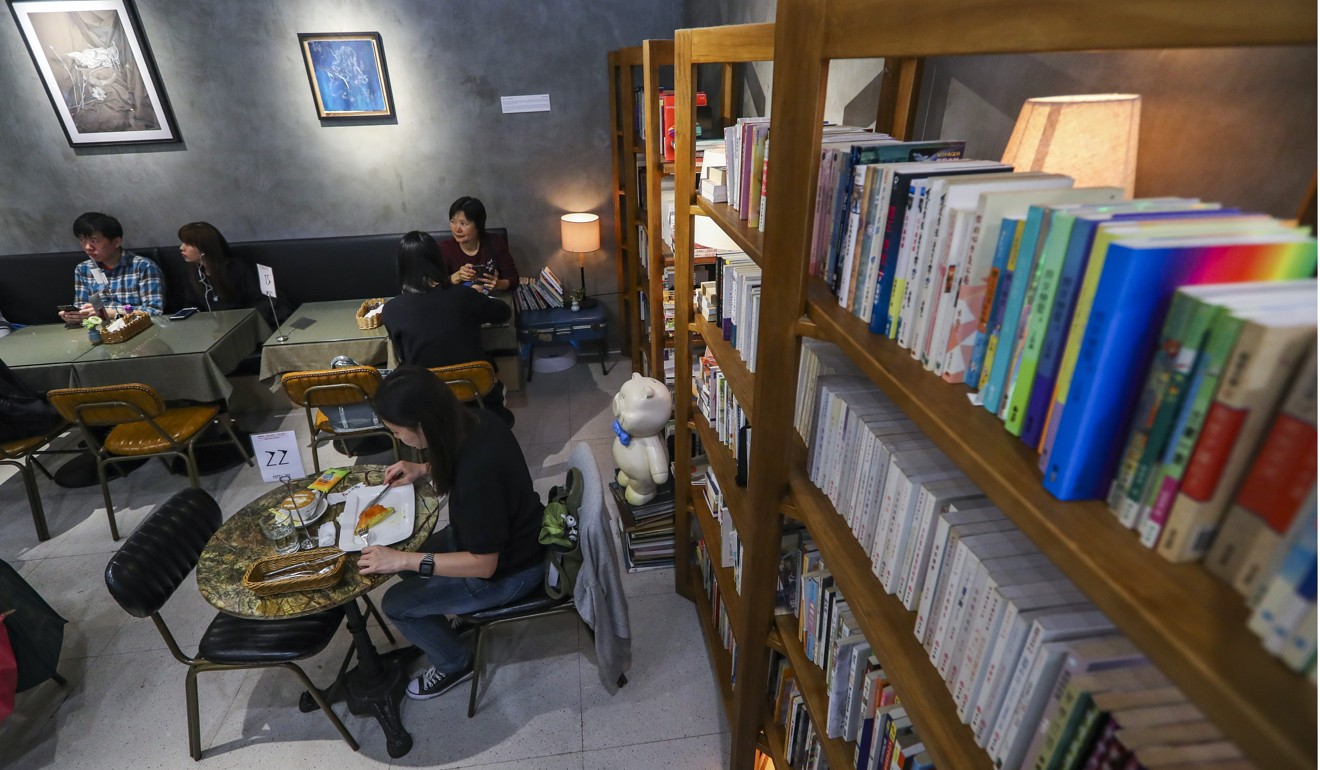
Pak said installing a new venue of similar acoustic quality would not be cheap. One he had visited in northern China’s Harbin cost more than HK$1 billion (US$127 million), he added.
In the budget, financial secretary Chan said the government had set aside HK$22 billion for the redevelopment of the seven sites.
Pak, who will retire this month at the age of 62, said the music hall held a special place in his heart because the youth band he conducts had its first concert there in 1980.
Saxophonist Wendy Cheng Hiu-lam, part of an orchestra of about 80 musicians, said her debut performance took place in the auditorium when she was 12. Now in her 30s, she still plays there from time to time.
“I’d say it’s Hong Kong’s best music hall,” Cheng said. “Music groups fight to death to book there.”
She said competition for public performance venues had been fierce in recent years due to a shortage and cheaper booking costs. Her group had been reserving halls a year ahead but sometimes still could not secure a slot.
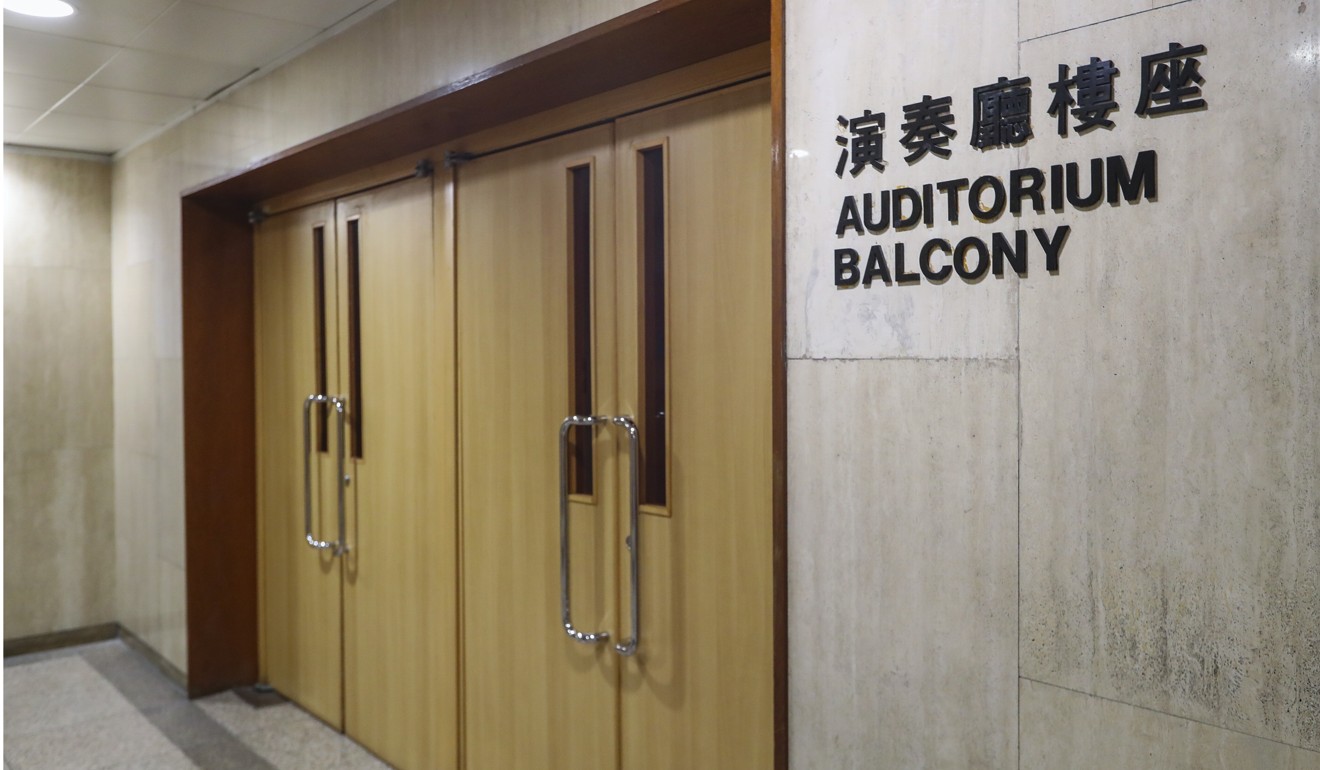
“If the Tsuen Wan hall is demolished, it will be even more difficult to book a performance venue,” she lamented.
Cheng would join signature campaigns or marches to keep the auditorium from being torn down if necessary, she said.
The Hong Kong Philharmonic Orchestra, which also uses the hall, did not reply to a request for comment.
Tsuen Wan District Council member Sumly Chan Yuen-sum, of the Civic Party, said the venue, which hosts an array of other arts, culture and entertainment activities, held fond memories for many local residents. Officials should try to preserve it, he said.
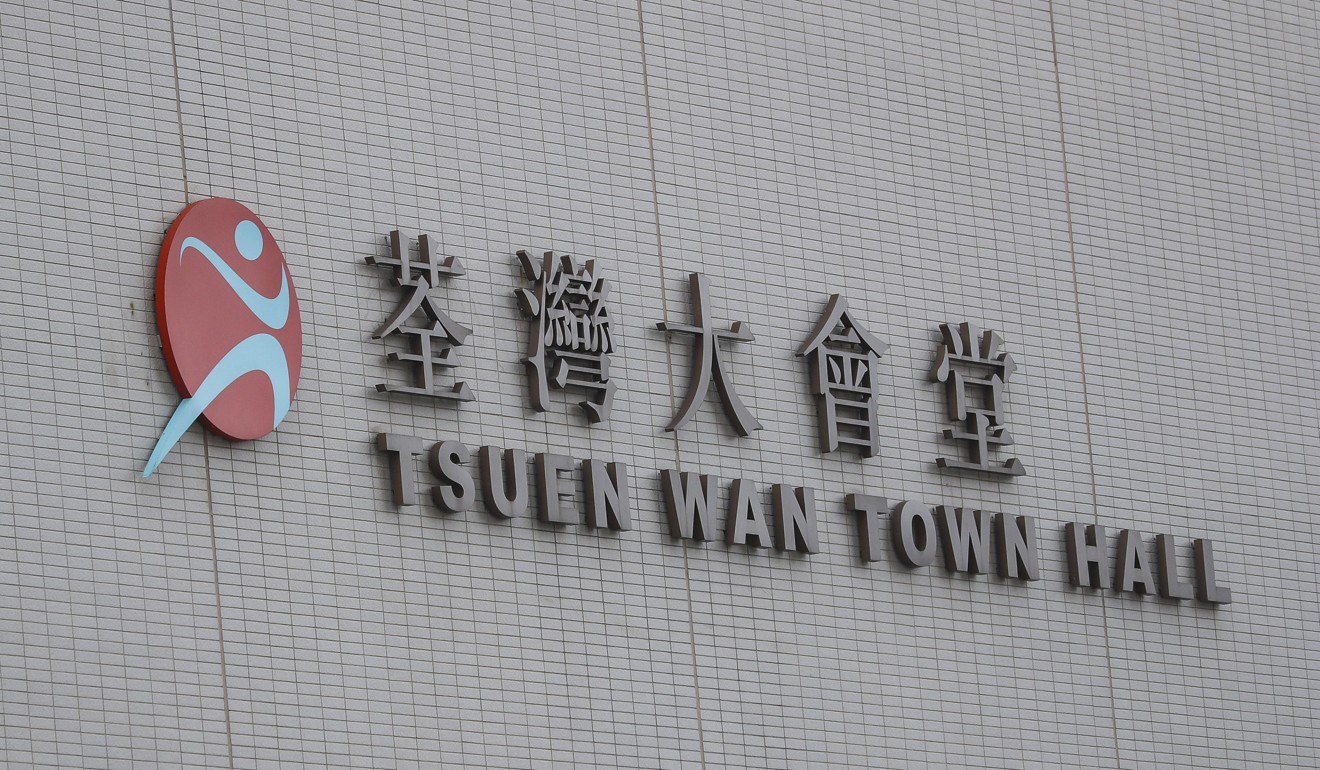
But he agreed that the other three lots should be considered for redevelopment to get the most out of the sites. The community did need more public facilities such as outpatient and dental clinics, Chan said. He urged the government to discuss the issue with district councillors.
But pro-establishment lawmaker Ma Fung-kwok, who represents the city’s sports, performing arts, culture and publication sector in the legislature, said redeveloping the town hall would be worth supporting if officials promised transitional performance venues and to reinstall a venue of better quality in the new building, along with more community facilities.
It would be better if the project began after completion of the West Kowloon Cultural District, which would contain alternative venues, he added.
“It’s technically feasible to create good acoustics. We can even make it better,” Ma said. “It depends on whether the government is willing to pay for a better design.”